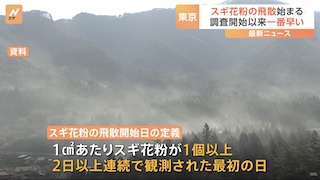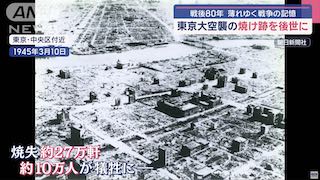Oct 28 (NHK) - Japan's education ministry says its survey shows the number of elementary and junior high students absent for long periods from school increased by 25 percent to a record high in the year to March.
The ministry cites changes in their life environment caused by the coronavirus pandemic as a reason.
The ministry on Thursday released the results of its annual survey on absenteeism, bullying and suicides in the last school year.
The survey covered elementary, junior high and senior high schools and schools for children with special needs.
It found that 244,940 elementary and junior high school students were absent for 30 days or more -- an increase of nearly 49,000 from the previous year. ...continue reading















